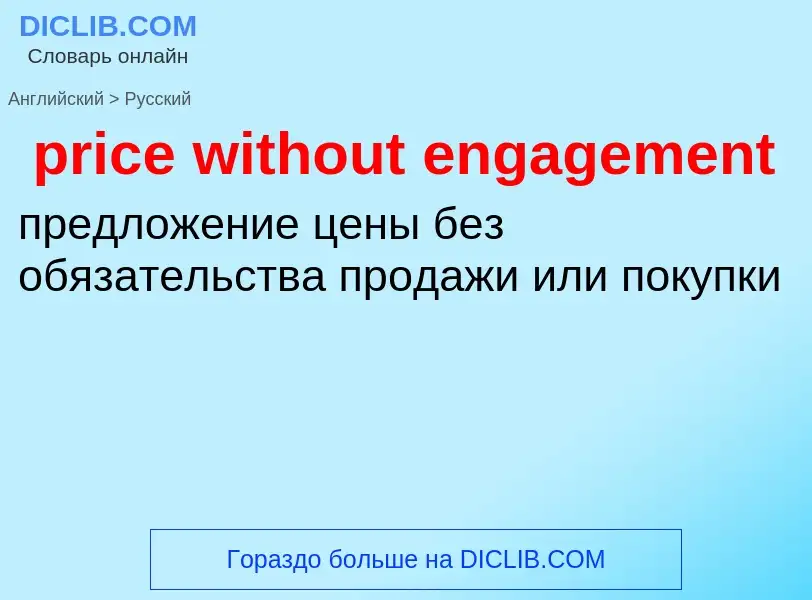Translation and analysis of words by ChatGPT artificial intelligence
On this page you can get a detailed analysis of a word or phrase, produced by the best artificial intelligence technology to date:
- how the word is used
- frequency of use
- it is used more often in oral or written speech
- word translation options
- usage examples (several phrases with translation)
- etymology
price without engagement - translation to russian
Definition
Wikipedia
Customer engagement is an interaction between an external consumer/customer (either B2C or B2B) and an organization (company or brand) through various online or offline channels. According to Hollebeek, Srivastava and Chen (2019, p. 166) S-D logic-Definition of customer engagement is "a customer’s motivationally driven, volitional investment of operant resources (including cognitive, emotional, behavioral, and social knowledge and skills), and operand resources (e.g., equipment) into brand interactions," which applies to online and offline engagement.
Online customer engagement is qualitatively different from offline engagement as the nature of the customer's interactions with a brand, company and other customers differ on the internet. Discussion forums or blogs, for example, are spaces where people can communicate and socialise in ways that cannot be replicated by any offline interactive medium. Online customer engagement is a social phenomenon that became mainstream with the wide adoption of the internet in the late 1990s, which has expanded the technical developments in broadband speed, connectivity and social media. These factors enable customer behaviour to regularly engage in online communities revolving, directly or indirectly, around product categories and other consumption topics. This process leads to a customer's positive engagement with the company or offering, as well as the behaviours associated with different degrees of customer engagement.
Marketing practices aim to create, stimulate or influence customer behaviour, which places conversions into a more strategic context and is premised on the understanding that a focus on maximising conversions can, in some circumstances, decrease the likelihood of repeat conversions. Although customer advocacy has always been a goal for marketers, the rise of online user-generated content has directly influenced levels of advocacy. Customer engagement targets long-term interactions, encouraging customer loyalty and advocacy through word-of-mouth. Although customer engagement marketing is consistent both online and offline, the internet is the basis for marketing efforts.

